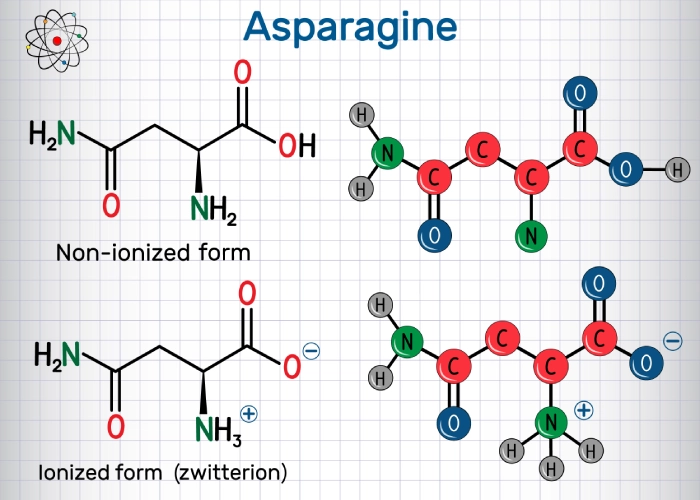Serial CTRS AI Model Receives FDA Breakthrough Device Designation
Onc.AI, a digital health company specializing in AI-driven oncology clinical management, has announced that its “Serial CTRS” (Serial CT Response Score) AI model has received Breakthrough Device Designation from the U.S. Food and Drug Administration (FDA). This designation highlights the potential of Onc.AI’s deep learning imaging AI models to provide early, automated risk prognoses, particularly aiding clinicians in optimizing treatment and monitoring strategies for patients with metastatic non-small cell lung cancer.
Serial CTRS employs artificial intelligence to analyze CT scans and categorize patients into high- or low-mortality risk groups. This innovative approach aims to streamline the decision-making process for oncologists, allowing for more personalized and precise patient care.
Promising Results in Immunotherapy
Onc.AI recently presented findings at the Society for Immunotherapy of Cancer (SITC), demonstrating that Serial CTRS significantly improves overall survival predictions for patients undergoing immunotherapy, compared to traditional imaging assessment methods. This advancement underlines the AI model’s capacity to deliver more accurate, data-driven insights into patient outcomes.
Statements from Key Stakeholders
Akshay Nanduri, CEO of Onc.AI, expressed gratitude for the recognition: “We are honored to be awarded Breakthrough Device Designation for our Serial CTRS AI model. Our goal is to provide oncologists with vital, automated prognostic insights from routine diagnostic imaging, ultimately enhancing treatment strategies and risk stratification throughout a cancer patient’s journey.”
Jacqueline Law, VP of Corporate Strategy at Flatiron Health, added, “As longstanding partners of Onc.AI, we are thrilled to see Flatiron’s high-quality, curated real-world data contributing to the development and validation of regulatory-grade AI models for clinical use. We look forward to supporting Onc.AI’s ongoing collaborations with the FDA and achieving further milestones together.”
Implications for Oncology Drug Development
Beyond patient management, Serial CTRS shows promise in revolutionizing oncology drug development programs. The AI model has outperformed the standard RECIST 1.1 criteria in predicting overall survival, paving the way for more informed decision-making in trial design and the clinical development of novel oncology therapies.
Dr. Dwight Owen, Associate Professor of Medicine and Head of Thoracic Oncology at The James Cancer Center at Ohio State University, shared his enthusiasm: “As part of our ongoing collaboration with Onc.AI, we are excited to evaluate Serial CTRS. Having been involved in product definition and results evaluation throughout its evolution, I look forward to seeing this breakthrough technology make its way into clinical practice, influencing early-phase trials and clinical development.”
Commentary by SuppBase columnist Alice Winters

The FDA’s Breakthrough Device Designation for Onc.AI’s Serial CTRS model signals a noteworthy advancement in the integration of artificial intelligence within oncology. However, while the technology promises to streamline risk stratification and treatment personalization, a closer examination reveals some points of caution.
Firstly, while the initial results presented at SITC are promising, the lack of granular data in the announcement—such as specific survival rates, confidence intervals, and cohort sizes—makes it difficult to fully assess the clinical impact of Serial CTRS. AI-driven models often suffer from overfitting or biases, especially when trained on limited or non-representative datasets. Transparency in model validation, including peer-reviewed publications, will be crucial in substantiating these claims.
Moreover, the model’s reliance on routinely collected CT scans suggests convenience but also raises questions about standardization across different imaging technologies and institutions. Variations in scan quality, machine calibration, and radiologist practices could impact the model’s consistency and reliability in real-world applications.
Onc.AI’s partnership with Flatiron Health, known for its vast repository of real-world oncology data, adds credibility. However, it also brings to light potential concerns regarding data privacy and the proprietary nature of AI algorithms. As these tools gain traction in clinical settings, ensuring data security and algorithmic transparency will be paramount.
The claim that Serial CTRS outperforms RECIST 1.1 in predicting overall survival is particularly bold. RECIST has been a longstanding standard in oncology trials, and while it has limitations, any alternative must undergo rigorous, independent validation. It will be important to see if Serial CTRS can consistently outperform RECIST across diverse patient populations and treatment modalities.
In conclusion, while Onc.AI’s Serial CTRS holds significant promise for transforming oncology care and drug development, its ultimate success will depend on transparent validation, standardization across clinical settings, and ongoing scrutiny from the broader medical community. The FDA’s designation is a step forward, but the journey from regulatory approval to widespread clinical adoption will require navigating complex scientific, ethical, and logistical challenges.



